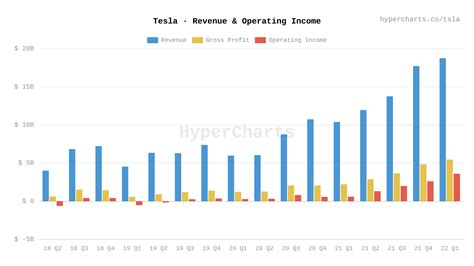Meta’s recent Q1 2024 financial report has stirred up multifaceted discussions, ranging from its significant revenue upticks to the heavy financial burdens of pursuing pioneering technology breakthroughs, such as those in its Reality Labs. This report intriguingly combines robust quarter-on-quarter revenue growth with an apparent, ongoing struggle to harness and monetize bleeding-edge technological investments, notably in Virtual Reality (VR) and associated sectors. This juxtaposition reflects broader industry challenges and sparks a vital discussion on the sustainability and future of tech behemoths’ aggressive expansion strategies.
Despite reporting doubled earnings per share year-over-year, Meta’s stock experienced a notable dip, suggesting a complex interplay between investor expectations and the actual financial health of the company. Discussions among technology enthusiasts and financial analyzers indicate a variety of perspectives, with some pointing to underwhelming future business guidance and others puzzled by the steep post-earnings stock decline. This highlights a prevalent investor skepticism about the trajectory of Meta’s high-stakes tech ventures, especially within its VR-centric Reality Labs, which has notoriously burned through billions without a clear path to profitability.
Reality Labs, in particular, presents a conundrum encapsulated by substantial losses — over $4 billion this quarter alone. Stakeholders are increasingly scrutinizing the wisdom of continually funneling vast sums into this segment, invoking broader queries about the actual value and transformative potential of VR. Users and analysts alike question if and when these technologies will transcend their novelty status to become a staple in consumer technology, paralleling or even surpassing today’s ubiquitous smartphones and cloud services.
Financial navigation aside, Meta’s VR pursuits are interlaced with strategic efforts to redefine user interaction paradigms through immersive experiences. This is evident not only in their hardware developments but also in their platform strategies, such as the newly reported OS improvements and openness towards a more integrative platform approach. However, critiques abound regarding the pace and direction of innovation, suggesting a possible misalignment between market readiness and company-driven tech advancements.
Moreover, user engagement on Meta’s traditional platforms like Facebook and Instagram shows divergence. Some users report declining interaction and an overwhelming influx of ads, while others highlight vibrant community interactions, particularly within specialized groups and marketplace functionalities. This dichotomy underscores varying user perceptions, which may affect Meta’s long-term platform viability and attractiveness to advertisers seeking robust, engaged audiences.
An undercurrent of skepticism runs through discussions about not only Meta’s product strategies but also the broader tech industry’s shift towards monetization models that prioritize user data exploitation over product excellence and user privacy. Phrases like “enshittification” have emerged in tech discourse, highlighting user discontent with the perceived decline in digital spaces’ quality and integrity due to hyper-commercialized motives.
Despite the hurdles, there are flashes of optimism within the tech community that perhaps significant breakthroughs are on the horizon for Meta, contingent on overcoming current financial and strategic challenges. Some enthusiasts look forward to a future where VR and other advanced technologies could revolutionize human-computer interaction, foster new digital economies, and redefine entertainment and productivity landscapes.
In conclusion, while Meta navigates through tumultuous financial waters and confronts significant operational and perception challenges, its journey encapsulates the broader tech industry’s struggles and aspirations. It embodies the quintessential tech paradox of today: the race to innovate and capture future markets while grappling with the immediate realities of heavy financial outlays, market skepticism, and an evolving discourse on the ethical dimensions of technology and its role in society.


Leave a Reply